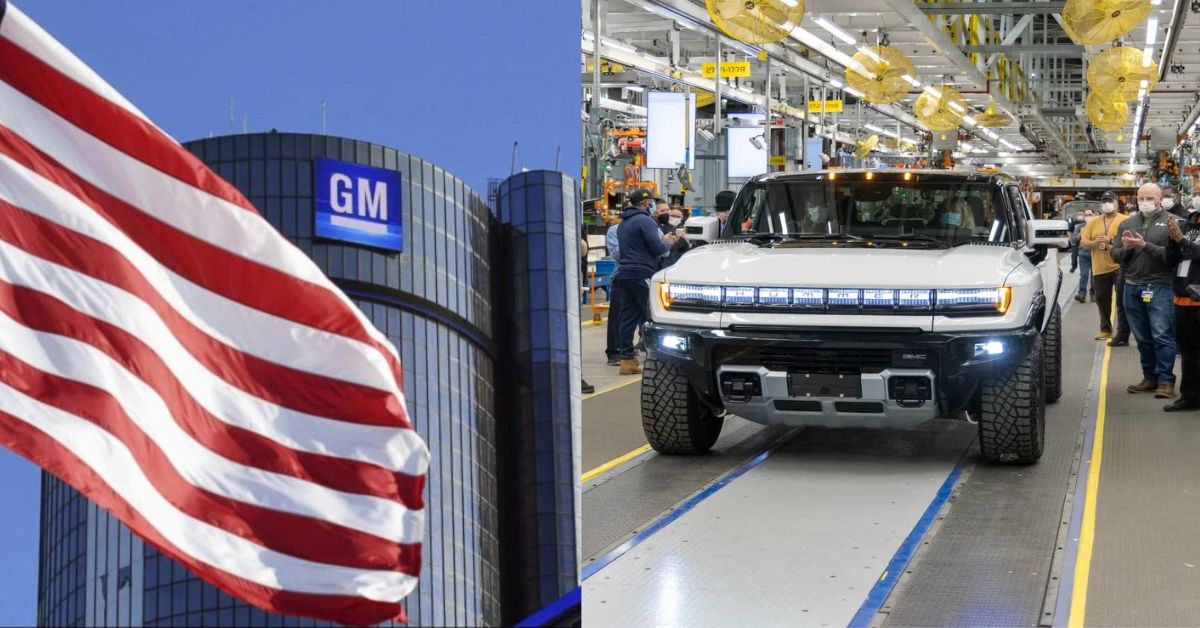General Motors (GM), one of the world’s largest automakers, has extended layoffs for 280 employees at its Detroit-Hamtramck Factory Zero electric vehicle (EV) plant through the end of 2025. Originally scheduled to return to work on October 6, these workers will now remain idled until after the New Year. The decision reflects a broader recalibration of EV production in response to shifting market dynamics, including waning consumer demand and the expiration of key federal incentives.
This development offers a sobering look at the challenges facing the EV industry, even as automakers continue to invest billions in electrification.
🏭 The Layoffs: What’s Happening at Factory Zero?
Factory Zero is GM’s flagship EV assembly plant, responsible for producing high-profile models like the GMC Hummer EV and the Cadillac Escalade IQ. In early September, GM temporarily cut one of two daily shifts at the plant, citing production adjustments. The 280 affected employees join another 120 who have been on layoff since April.
GM confirmed that these layoffs do not impact production of the Chevrolet Silverado EV and GMC Sierra EV, which continue to roll off the line. The company emphasized that the decision was based on market conditions and customer demand, not labor disputes or supply chain issues.
📉 Market Headwinds: Slower EV Demand
One of the key factors behind GM’s move is the slowdown in EV demand. While electric vehicles have gained traction in recent years, the pace of adoption has been uneven. Rising interest rates, high sticker prices, and limited charging infrastructure have dampened consumer enthusiasm.
Adding to the challenge, a $7,500 federal tax credit that had previously boosted EV sales expired on September 30, 2025. Without this incentive, many buyers are reconsidering their options, especially in a price-sensitive market.
GM spokesperson Kevin Kelly stated, “We will continue to evaluate and adjust operations based on the market and customer demand.” This signals a more cautious approach to ramping up EV production, even as the company remains committed to its long-term electrification goals.
🔧 Strategic Adjustments: Not a Retreat, But a Recalibration
It’s important to note that GM’s decision isn’t a retreat from EVs—it’s a strategic recalibration. The company has invested heavily in electric platforms, battery technology, and manufacturing infrastructure. Factory Zero itself underwent a $2.2 billion overhaul to become a dedicated EV facility.
However, automakers must balance ambition with pragmatism. Overproduction can lead to inventory pileups and financial strain. By scaling back temporarily, GM is aligning output with real-world demand, ensuring sustainability in its EV rollout.
This move also reflects a broader industry trend. Other automakers, including Ford and Tesla, have adjusted production schedules and pricing strategies in response to market fluctuations.
👷 Impact on Workers and Community
For the 280 laid-off employees, the extension is a tough blow. Many had expected to return to work in October, only to be told they’ll remain idled through December. While GM has not announced permanent job cuts, the uncertainty is unsettling for workers and their families.
Factory Zero is located in Detroit-Hamtramck, a community that has long depended on automotive jobs. Layoffs—even temporary ones—can ripple through the local economy, affecting everything from retail spending to housing stability.

